Hizbollah claims 'victory' in Lebanon's election after early results suggest boost
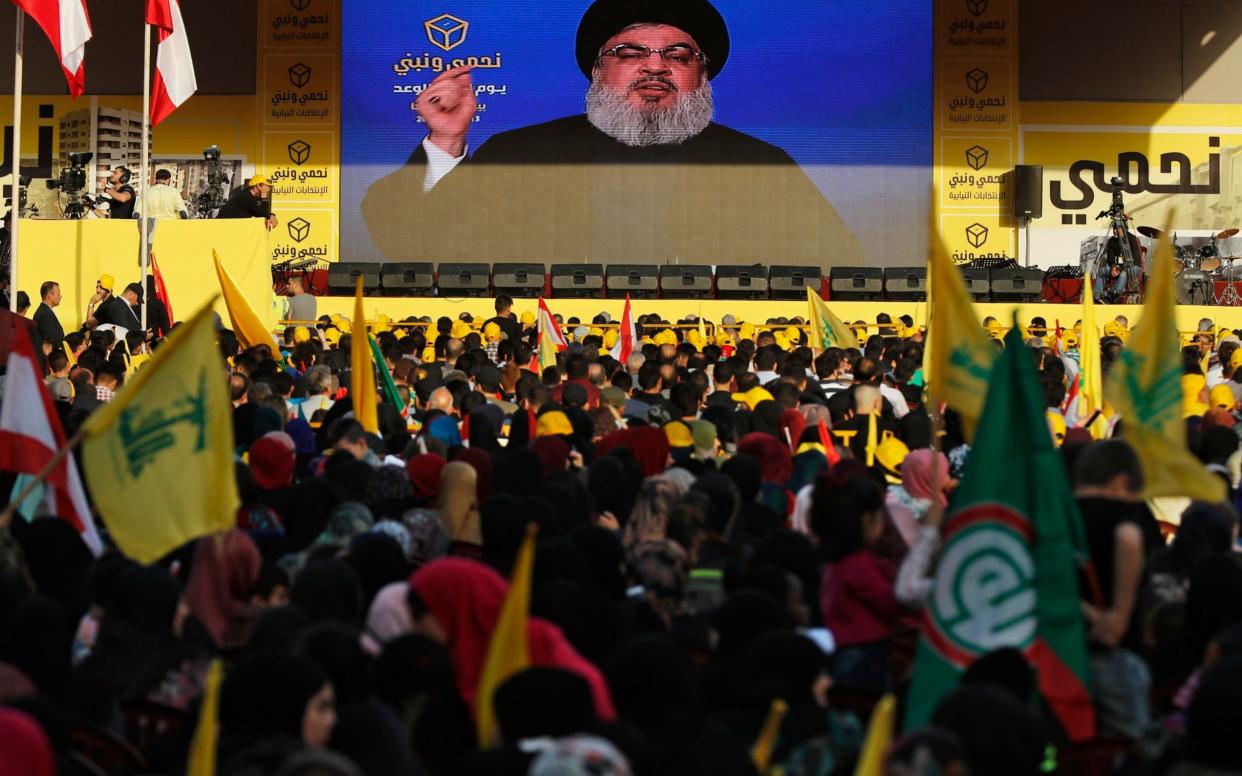
Hizbollah has hailed a “great victory” in Lebanon’s election, after the Iran-backed group and its allies looked set to secure a majority in parliament.
Hassan Nasrallah, the leader of Hizbollah, said that the results of Sunday’s vote were a "political and moral victory for the resistance”, as he refers to the Iran-backed movement formed in the 1980s to fight Israel.
In a televised address made before the official results were announced, he said the significant gains made by Hizbollah and its allies vindicated the group’s military activities.
The Shia movement, grouped with the Christian party of President Michel Aoun and the Shia Amal movement is set to secure at least 67 seats in the 128-seat parliament, which will enable them to veto any laws the militant group opposes.
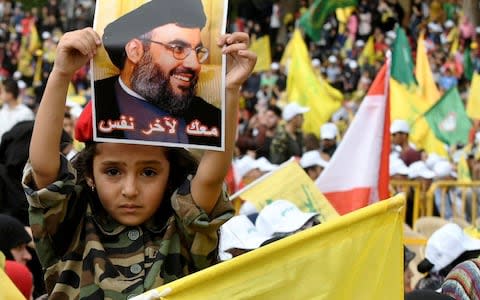
Hizbollah’s military arm is considered a terrorist entity by the UK however Britain is open to contact with its political wing, which already has two seats in parliament.
With backing from Iran, Hizbollah has grown from fledgling resistance group to one of the most powerful militias in the region.
Since the country’s last vote, in 2009, Hizbollah has sent thousands of its fighters across the border to the war in Syria in a bid to shore up Bashar al-Assad, who is also backed by Tehran.
Its increasingly important position in Lebanon reflects Iran’s ascendancy in territory stretching through Iraq and Syria to Beirut.
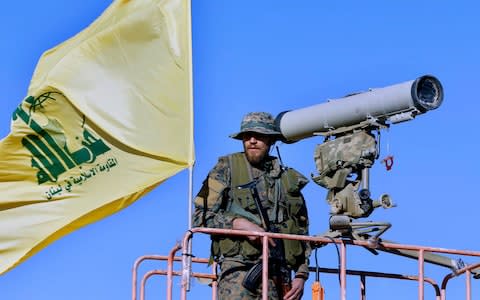
Neighbouring Israel has also watched on nervously as Hizbollah has been building up its presence in Syria, as well as an enormous arsenal of missiles - now reported to be 100,000-strong.
An Israeli security cabinet minister said the early results showed that Israel should not distinguish between the Lebanese state and Hizbollah in any future war, the prospect of which now seems more likely than ever.
"Hizbollah = Lebanon," Naftali Bennett, education minister and leader of Israel’s right-wing Jewish Home party, said on Twitter on Monday. "The State of Israel (...) will view Lebanon as responsible for any action from within its territory."
Having majority in parliament will better position Hizbollah to fend off any suggestion it should disarm and allow the group to more tightly direct the country’s foreign and defence policy.
“Hizbollah seeks to translate politically in Lebanon its ‘victory’ in Syria, but it does not want to talk too loudly about it. It is playing quietly and smartly,” said Emile Hokayem, Middle East analyst at the London-based International Institute for Strategic Studies think-tank.
The tiny state of Lebanon, which is half the size of Wales, finds itself in the middle of a regional battle between Iran and its arch foe, Saudi Arabia.
The result will be of concern to Riyadh, which has accused the Lebanese government of giving cover to Hizbollah and has scaled back support for Mr Hariri in protest.
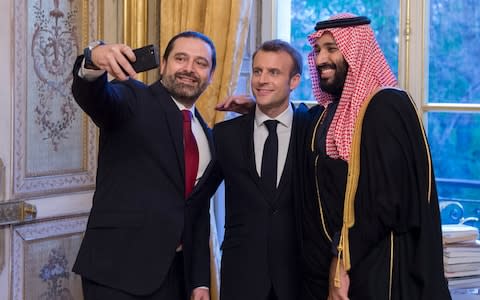
Mr Hariri was forced by Saudi’s Crown Prince Mohammed bin Salman to resign in November, in a move which appeared to backfire.
The West-backed candidate’s Future party lost a number of seats in its strongholds in Beirut, Tripoli and Sidon to Hizbollah-backed Sunni candidates.
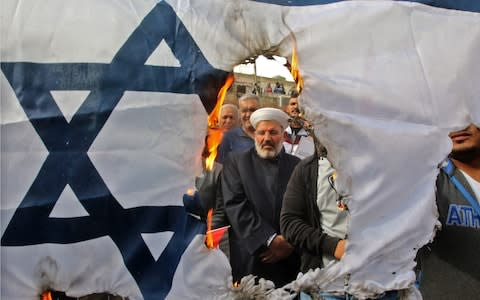
The party also appeared to be the main victim of Lebanon’s apparent political apathy - more than half of eligible voters stayed home on Sunday.
Iranian media gloated at Mr Hariri setbacks; Iran’s hardline Tasnim news agency ran a report headlined: "Lebanese election result puts an end to Hariri’s monopoly among Sunnis."
However, Mr Hariri still leads the biggest Sunni bloc in parliament and is expected to stay on as prime minister - a position which must be filled by a Sunni Muslim under the country’s complex confessionalist system.

